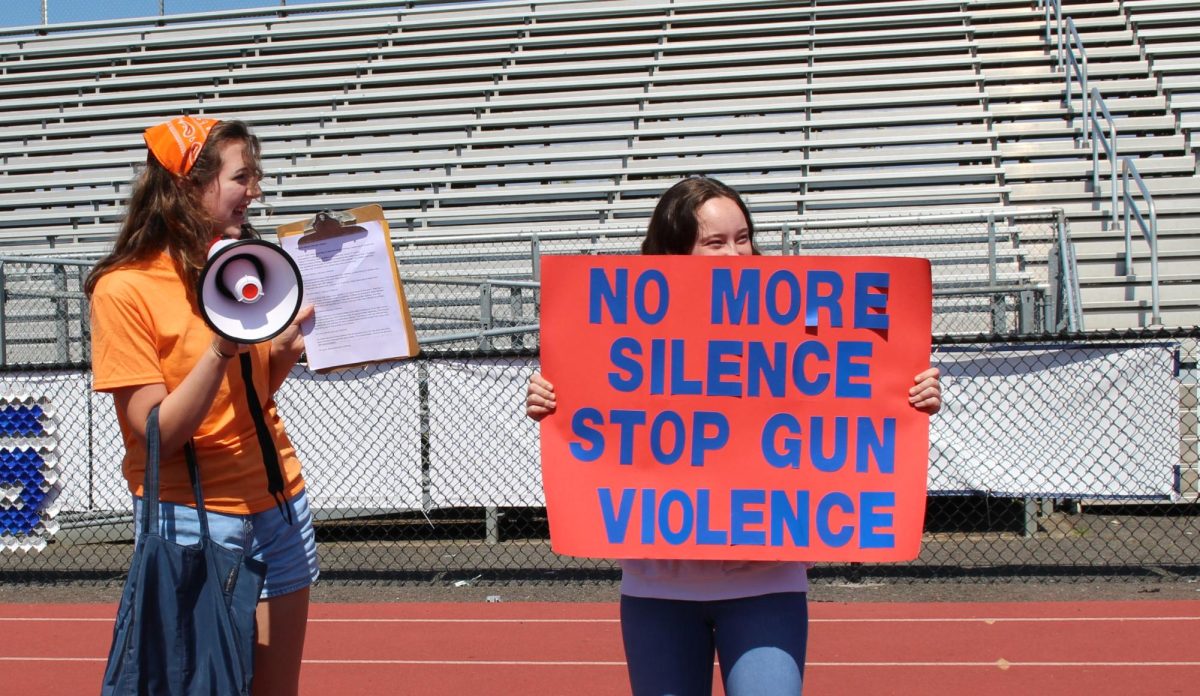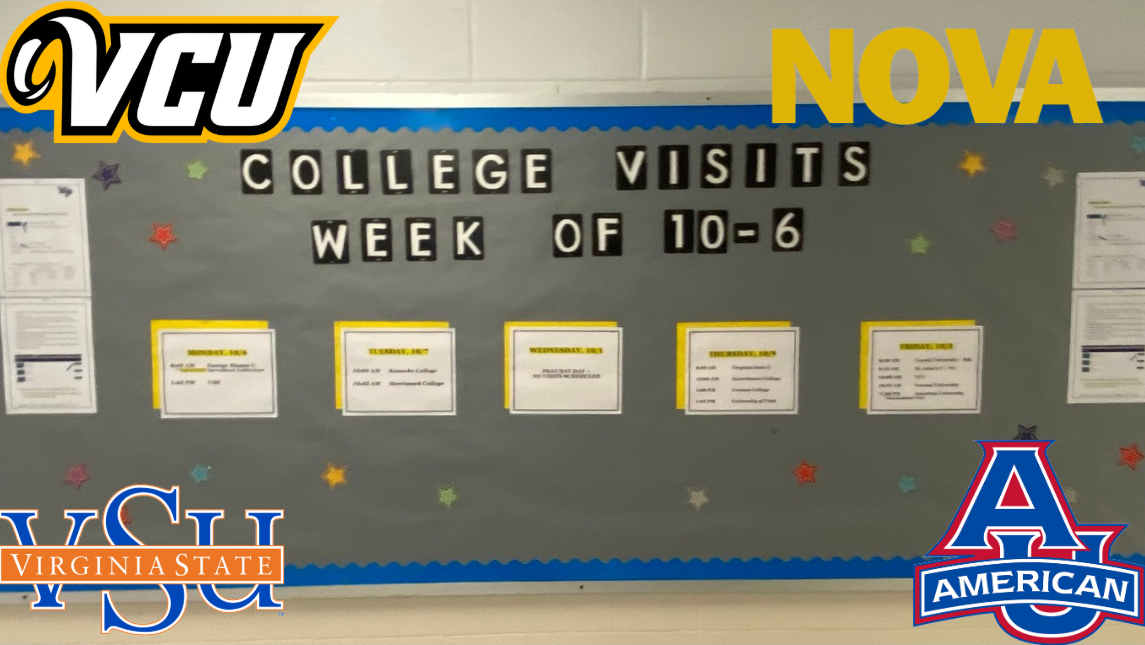
As of this school year, the West Potomac Athletics Department instated a new attendance policy for all student athletes regarding unexcused tardies and unverified absences. With the first quarter complete and fall sports coming to a close, the policy has largely been a success.
“This attendance policy is strictly from an athlete’s perspective. I’m a big believer that you’re a student first before you’re an athlete… you need to be in class in order to participate, you need to have good grades in order to participate,” Mr. Macdonald, Director of Student Activities, said.
Most student athletes believe the purpose behind the policy was good, but believe tardies in the morning are unfair. Some coaches could argue that instead of getting a ride or driving to school, students can always take the bus and not be marked as tardy, because the bus is more reliable than a family member or an older student. Also, if buses arrive late, students will receive a late bus pass and their tardy will be excused, putting no effect on athlete playing time.
Sophomore Caroline Jones, a member of the dance team and girls soccer team, thinks that there can be some exceptions. “A lot of people don’t have buses where they live, because they live close enough to the school,” Jones said. Students could be stuck in an awkward location where
they are close enough to drive but too far for the bus, and if they aren’t the ones driving themselves to school then their morning tardies are out of their control.
The boys varsity basketball coach, Mr. David Houston, said that he felt the policy needed to be done. “Students needed to be held accountable for going to class on time, regardless of what season they played or the sport.” Before the policy took place, boys basketball had a strict attendance rule. “Before the attendance policy, it would be confusing because other teams didn’t really have their own (policy). So when a
kid would come from a fall sport to basketball, it would be confusing for them because there were different consequences and they were being held accountable,” Mr. Houston said.
“The unexcused tardies policy really lacks and could be a lot stricter. It’s not until you have 15 unexcused tardies when you lose playing time,”
Macdonald said. “So you’re talking about 25 unexcused tardies before you’re removed from the team… If you’re having 25 unexcused tardies
we have an issue.”
So far, Macdonald stated that they haven’t had anybody reach the 25 unexcused tardies resulting in re-
moval from a sports team. There also haven’t been any cases of students reaching five unexcused tardies in a week. However, some have gotten to four tardies consistently, where students are sat down for a conversation to fix the issue.
“We have sat two athletes because of this… not for a whole sports game,”
Macdonald explained. “We’ve definitely had students who have gone a little bit above that and we’ve been a little bit more lax on that because I think that it is really a strict policy… We don’t want to punish our kids from missing athletics, but we want them to be aware,” Macdonald said. They have had discussions with these students to warn them that if these actions continue, they will lose playing time.
While no data was taken to compare athlete attendance to past schoolyears, Mr. Macdonald explained that teachers and admin at sweep stations have seen less athletes in the hallways and arriving late to class.
“We’ve had to sit a couple of kids because of the attendance policy… I think word got around…we’re seeing less athletes wandering in the hall,” Mr. Macdonald said. He added that they may consider looking at excused absences in the future. This means that if a student is absent for the entire day, they should not be able to participate in sports practices or events on that day.

























































